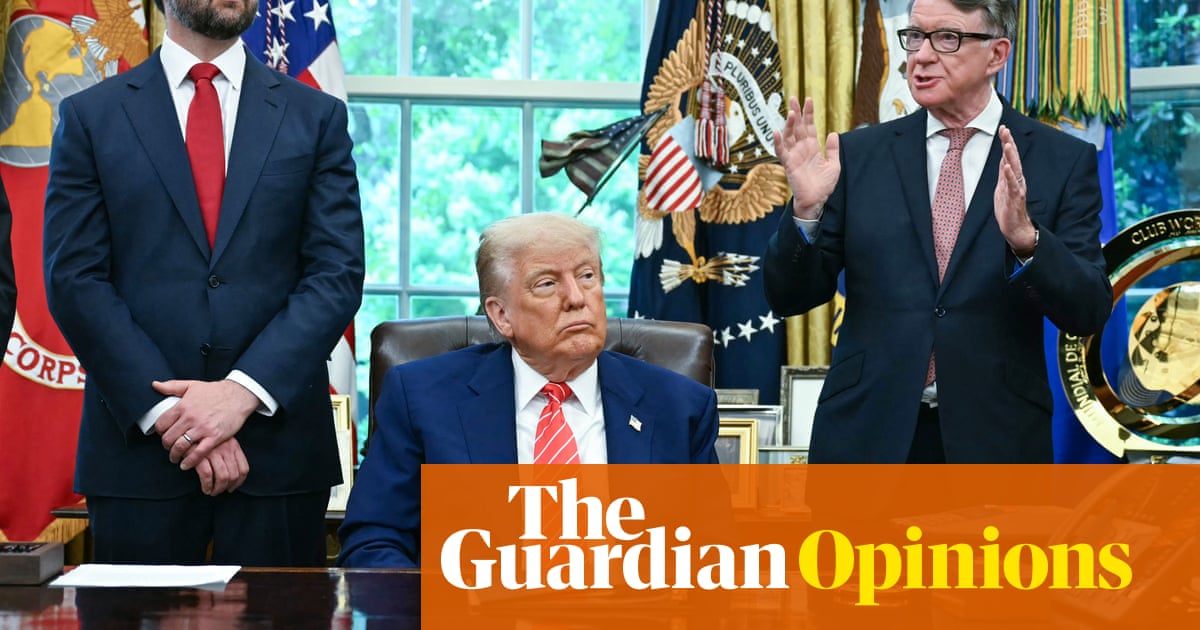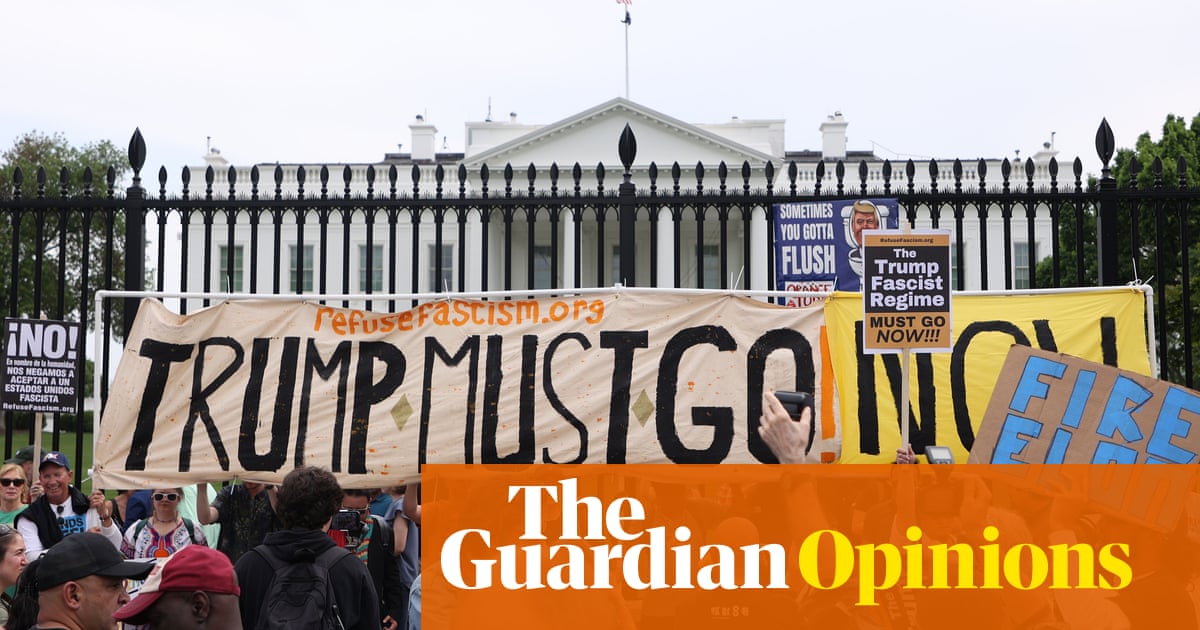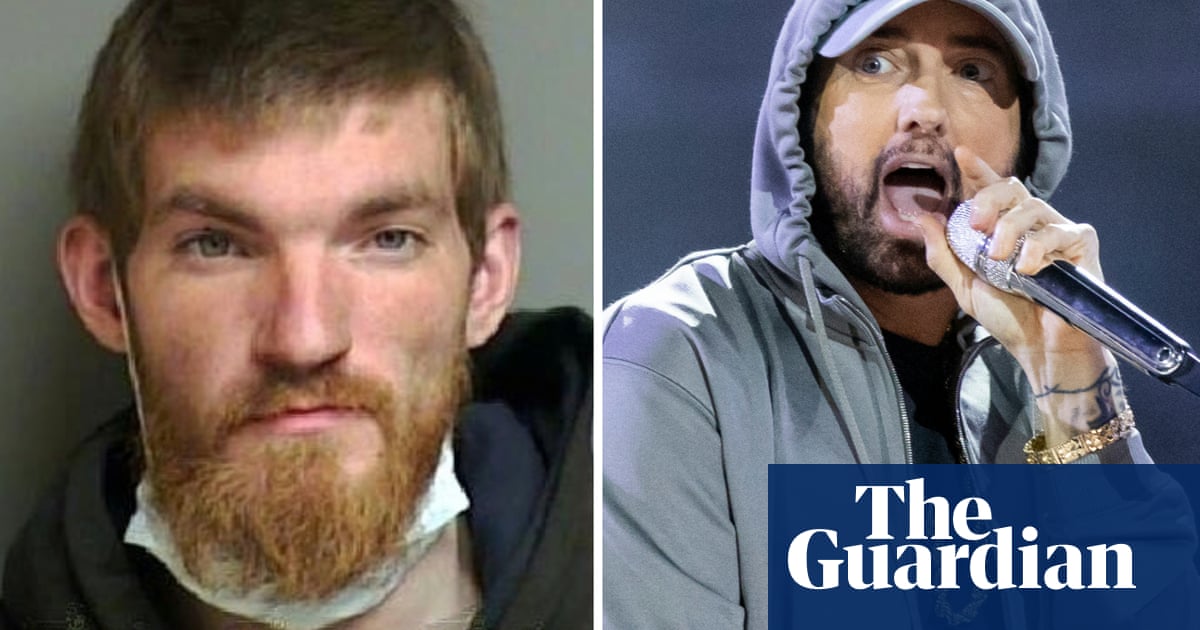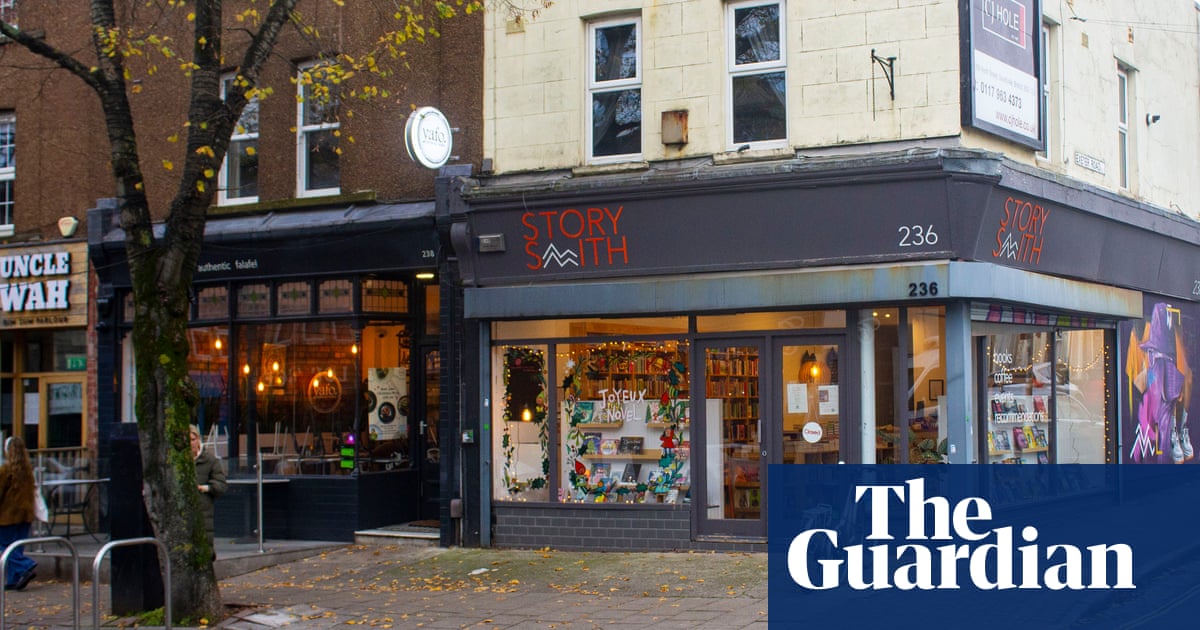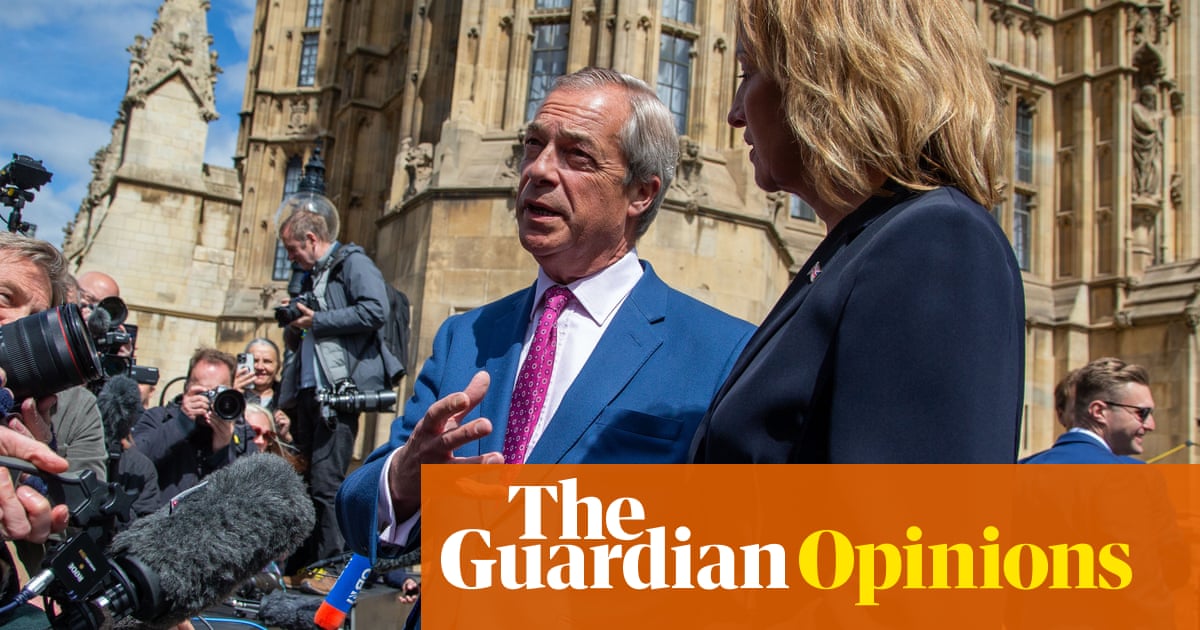Growing wealth inequality is increasing the risk of societal collapse, according to a new Fairness Foundation report that shows nearly two-thirds of Britons are concerned about the political influence of very rich people. People losing faith with democracy, economic shocks and environmental breakdowns are some of the potential triggers for a decline or collapse in social cohesion, the thinktank said.
One warning sign of democracy being undermined is a lack of public trust in institutions, so it commissioned a survey of 2,000 adults by Opinium, which found 63% believe the very rich have too much influence on UK politics, compared to 40% for businesses and religious organisations, and 38% for international organisations, such as the EU and UN.
Voters are broadly united on the issue, with 78% of LibDem supporters, 67% of Labour, 65% of Reform and 56% of Conservatives agreeing.
The report, Inequality Knocks, is based on observations from 25 senior figures from politics, government, academia, business and civil society at an event organised by the Fairness Foundation and King’s College London, when they were asked to assess the risks of wealth inequality.
The absolute wealth gap in assets between the richest and poorest 10% of the UK increased by 48% between 2011 and 2019 – from £7.5tn to £11tn.
There was consensus among the experts that wealth inequality undermines social cohesion, and weakens institutions and public services, as well as public trust in government and democratic institutions.
“Multiple pathways to disintegration were identified, with potential triggers including economic crises (such as runaway inflation and currency collapse) to climate events (such as a catastrophic failure of the Thames Barrier, or crop failures elsewhere in the world) and technological disruption (such as AI-linked mass unemployment and advances in quantum computing ending privacy as we know it).
“Today we see political and economic ‘counter-elites’ aligning – most notably in the shape of Trump and Musk in the US, but also in the UK – around a narrative that speaks to popular discontent with wealth inequality, while proposing solutions that will dramatically worsen it and increase the risks of societal breakdown.”
Will Snell, Fairness Foundation chief executive, said he had not expected such a “diverse group” of people to agree unanimously.
“Yet the consensus in the room was that the risks were so grave that a catastrophic scenario, like societal collapse, was feasible within the next decade,” he said. “One of the factors that undermines social cohesion is the public losing faith in democracy, and we are seeing the warning signs of that today, with our new polling.”
after newsletter promotion
Katie Barnes, executive director of the National Preparedness Commission and one of the participants, said that the UK relied on the “individual and collective resilience of our citizens” to be able to respond to future risks. “That means healthy, fit and happy people with a sense of engagement in their community and wider society,” she said. “Growing inequality presents a genuine risk to that resilience, acting as both cause and amplifier of multiple societal challenges.
“Adding ‘growing inequality’ as a chronic risk on the government’s national risk register would be a pragmatic first step towards tackling this problem.”
Another participant, James Perry, co-founder of Cook and a member of Patriotic Millionaires UK, said wealth inequality “presents a strategic risk” to the UK and the workshop “clearly showed the breadth and depth of concern, not only about the negative impacts of wealth inequality that we are already seeing, but also about the risks that these impacts could spiral out of control over the coming years. Urgent action is required.”

.png) 3 months ago
39
3 months ago
39

